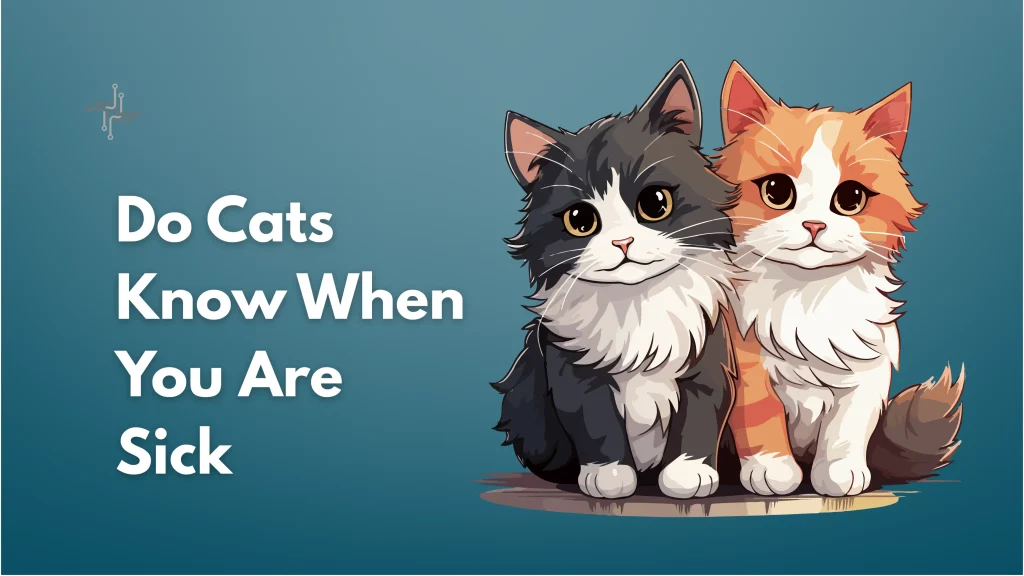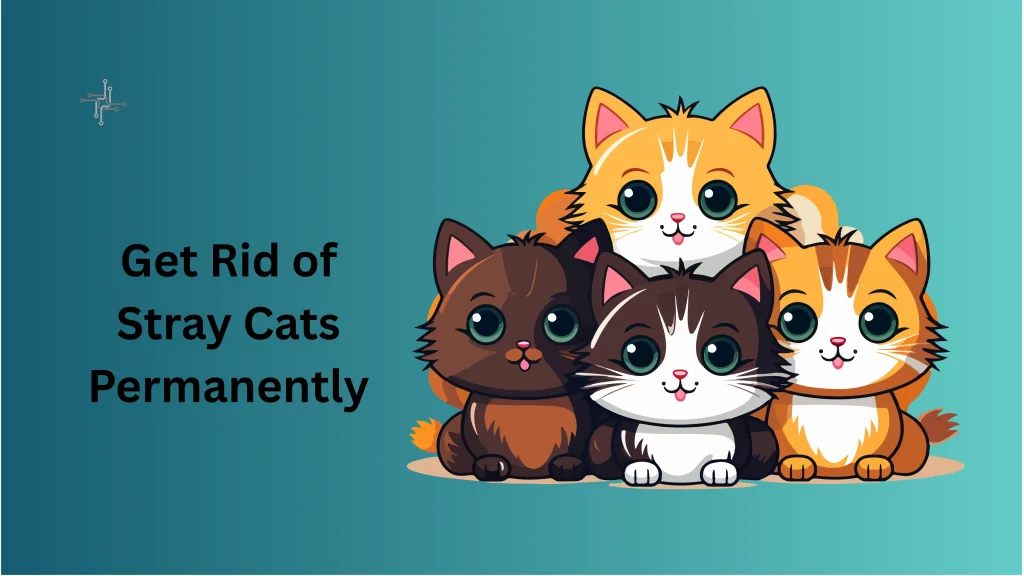Cats are known for their independent nature, but many people wonder if they can sense when their owners are sick. This question has sparked curiosity among pet owners. Understanding whether cats can detect illness can help us better care for our pets. It also opens up a conversation about how animals interact with humans when we are unwell.
Knowing how cats react to sickness is important because it can strengthen the bond between us and our pets. When cats sense illness, they may change their behavior to offer comfort. This understanding can guide us in responding to their actions and ensuring they feel secure.
Table of Contents
How Cats Perceive Changes in Their Environment
Cats are incredibly sensitive to changes in their environment due to their heightened senses. Their hearing is much sharper than ours, enabling them to pick up on sounds that are too faint for humans. Cats can also detect subtle shifts in their surroundings, whether it’s a new object, change in routine, or slight movement. These abilities make them highly aware of what’s going on around them.
In addition to their acute hearing, cats have an exceptional sense of smell. They can detect even the slightest change in scent, such as the smell of illness or medications. When you’re unwell, your body chemistry may change, and your scent can become different. Cats are quick to notice this and may react to it, either by staying close to you or becoming more distant, depending on their personality.
Because of these sensitivities, cats often notice when something is off with their owners. If you’re sick, they might behave differently, either by becoming more affectionate or staying near you. This behavior is their way of responding to changes in their environment.
Behavioral Changes in Cats When Their Owners Are Sick
Cats Showing Affection During Illness
When cats sense their owners are sick, they may become more affectionate and attentive. They may want to sit close to you, follow you around, or curl up beside you for comfort. This behavior is their way of showing care and concern, offering support during your illness.
Cats Becoming Distant
On the other hand, some cats may become more reserved or distant when they notice their owner is unwell. They may sense a change in your scent, energy, or behavior and choose to keep their distance. This response doesn’t mean they don’t care, but they may be unsure how to react to the shift in their environment.
Influence of Personality
The way a cat reacts to illness also depends on their personality. Cats that are more social may offer more comfort, while independent cats might prefer to retreat. Understanding these behavior changes can help owners know how to best respond to their pets during illness.
Cats Offering Comfort Through Proximity
Some cats may sense their owner’s need for comfort and stay near them, offering emotional support. They may sit on your lap, rest beside you, or simply be present in the room, providing a sense of companionship and security during illness. This closeness can help ease feelings of discomfort and loneliness while you’re unwell.
Scientific Evidence on Cats Sensing Illness
Heightened Sense of Smell
There is scientific evidence suggesting that cats can sense illness through their heightened sense of smell. Cats have an incredibly sensitive nose, allowing them to detect chemical changes in their environment. When a person is sick, their body chemistry changes, and these changes can affect their scent, which cats may notice.
Detecting Behavioral Changes
Cats are also highly attuned to their owners’ behavior and body language. They can pick up on subtle cues when their owner is unwell, such as changes in movement or energy. Research shows that cats often adjust their behavior when they sense something is wrong, whether by becoming more affectionate or keeping their distance.
Need for More Research
While the evidence suggests that cats can detect illness, more research is still needed to fully understand the extent of their abilities. Ongoing studies will help clarify how cats sense illness and the specific ways they react to changes in their owners’ health.
Why Cats May React Differently to Illness
Cats may react differently to illness based on their individual personalities. Some cats are naturally more sensitive and can pick up on small changes in their owner’s behavior, scent, or energy. These cats are more likely to show concern, offering comfort by staying close or becoming more affectionate when they sense their owner is unwell.
On the other hand, some cats, especially those with independent personalities, may react by becoming distant or retreating. They might notice that something is wrong but may not know how to respond. Their reaction could also be a way of coping with the change in their environment. This behavior is not a sign of indifference but rather their instinctual response.
The bond between a cat and its owner also influences how they react to illness. Cats that share a strong attachment with their owner are more likely to provide emotional support, such as cuddling or following them around. Cats with a more distant relationship may not show as much concern, and their response could be less noticeable.
How Cats Comfort Their Owners When They’re Sick
Cats often comfort their owners when they’re sick by offering physical and emotional support. One of the most common ways they provide comfort is by staying close. They may sit on your lap, curl up beside you, or simply stay in the same room. This proximity can provide a sense of companionship and warmth, helping to reduce feelings of loneliness or discomfort.
In addition to being physically present, cats may offer comfort through purring. The sound of a cat’s purr is known to have a calming effect, which can help lower stress levels and promote healing. Some studies suggest that the vibrations from a cat’s purring can even help reduce pain and promote tissue regeneration.
Cats may also show their affection by being more affectionate than usual. They may nuzzle or gently nudge you to get your attention, seeking to engage with you in a way that shows they care. This form of interaction is their way of expressing concern and offering emotional support during times of illness.
What to Do If Your Cat Shows Concern During Illness
If your cat shows concern during your illness, it’s important to acknowledge their behavior and ensure their comfort as well. You can provide reassurance by petting or talking to them softly, as this helps maintain a sense of connection. Even though they may want to stay close, giving them space when they seem overwhelmed is equally important, as some cats might feel stressed by changes in their environment.
Make sure your cat has access to food, water, and a comfortable resting spot while you’re sick. Cats are naturally independent, so while they may seek you out, they also need their own space to retreat to when needed. Continue with their usual routines as much as possible, including playtime and litter box maintenance, to help them feel secure. If your cat’s behavior changes drastically or if you notice signs of distress, consult a veterinarian to ensure there is no underlying health issue.
Conclusion
Cats can sense when their owners are sick. They use their heightened senses, like smell and hearing, to detect changes in behavior, scent, or energy. This allows them to react in different ways, such as becoming more affectionate or keeping their distance.
Understanding your cat’s behavior during illness is important. It can strengthen the bond between you and your pet. Whether they offer comfort or space, cats are attuned to their owners’ needs. Recognizing these signs can help ensure both you and your cat feel supported during times of sickness.


